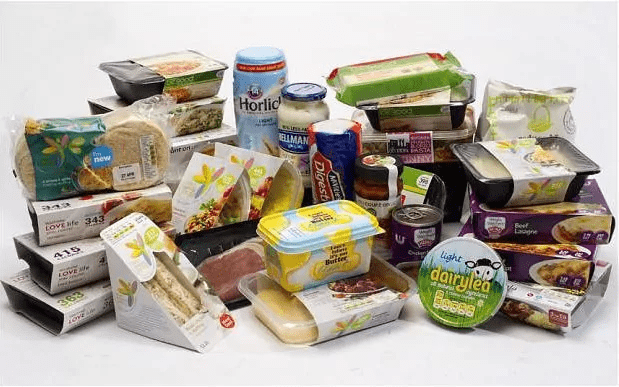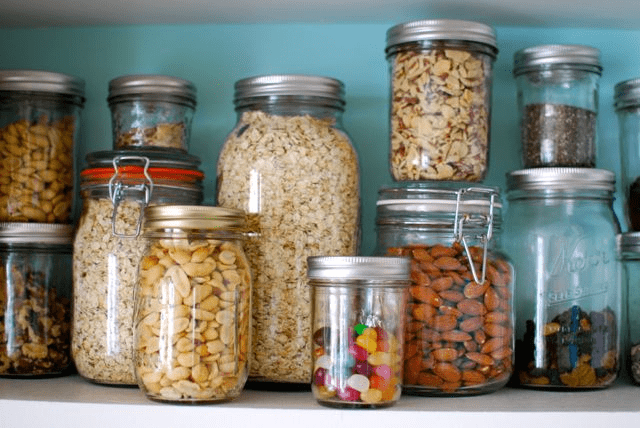How To Reduce Your Waste While Saving Money

With the recent record breaking temperatures in San Francisco and the large wildfire in Los Angeles, it is undoubtable that California is expiring climate change. Many people, especially those who hold power in government, deny the fact that our world is changing and that eventually our own way of life will have to change as well. However, power doesn’t lie in a single government or even a single person. California has already made plastic bags illegal to reduce waste and help aid in the fight against climate change. But, helping in the fight against climate change and reducing waste does not have to be hard if you are willing to take initiative. Here are some of our suggestions.
Packaging

Packaging is one of the main contributors of waste, greenhouse emissions, and your biggest expense. You do not need to be a mathematician to know that 1 pound of tomatoes is cheaper than 1 can of tomato sauce. That is generally the rule when it comes to processed vs packaged food. Yes, it is easier to buy packaged food, but you also have to think about its disposal.
Take for example corn and canned vegetables. I can always find corn for about $1 for 4 ears of corn in my local market but corn and canned fruit containing about 16 ounces (vegetables and juices) for about $1.50. With the whole ears of corn, you can use the husks and silk in a compost and virtually have no waste. The canned vegetables, will have to be drained of their preservatives and their cans disposed of. You can decide to recycle, but you also must think of the emissions produced by breaking down the aluminum and melting it into a new product.
Same thing goes for all packaging. Most of our food consists of plastics and metals that need to be broken down and disposed of. Both their creation and disposal release greenhouse gases into the atmosphere that is not required in whole foods.
Reusable Containers

Besides use of packages, another big waste is the use of plastic bags and disposable container to store food and drinks. Not only at home but at restaurants and fast food places. In general, you should try to limit eating out as if it can get expensive and unhealthy.
But if a certain occasion does come up, try to take left overs home in your own containers. Most restaurants are happy to allow this and Starbucks and other coffee shops encourage bringing your own reusable cup. Store home leftovers in reusable containers and encourage everyone in the house to have a reusable water bottle.
There are also stores who have emerged as no waste stores, who only sell items in bulk and allow their own customers to bring in their own containers from home. Seek these out as an alternative to regular grocery stores. In general bulk items are cheaper.
Repair Don’t Throw Away

I have a friend whose mother works in house cleaning and the stuff that people will throw away is insane. Brand new stand mixers, rice cookers, juicers, and slow cookers. These large appliances and some unused clothes were thrown out because they had small defects and the owners wanted new items. She has a stand mixer, fully functioning, with a slight crack on the mixing bowl and a rice cooker/ vegetable steamer with a slightly melted button.
I also taught another friend that super glue is a valuable resource, fixing most things instantaneously. She had accidentally dropped and broke her eye glasses. I saved her over $100 on a new frame simply by using super glue. I encourage everyone to find ways to fix things instead of throwing them away. Google and YouTube have many DIYs and tutorials on how to fix simple things**.
**Enji highly encourages you NOT to try and fix electronics and high voltage items. DON’T fix your own electronics. SEEK professional help when fixing potentially dangerous items.
Sources:
https://www.rethinkrecycling.com/residents/reduce/top-10-ways-reduce-waste
http://www.huffingtonpost.com/entry/reduce-home-waste_us_57912d0be4b0fc06ec5c4b56
https://www.smallfootprintfamily.com/37-ways-to-reduce-trash





